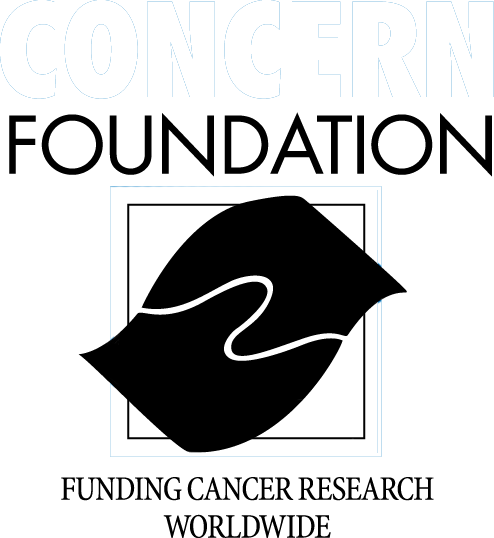Minnie Riperton Legacy Fund of the Concern Foundation for Cancer Research
< Return to Give to Other Campaigns Page
Minnie Riperton Legacy Fund
Minnie Riperton, was an American singer-songwriter best known for her 1975 #1 single "Lovin' You" from her 1974 gold album entitled Perfect Angel. She was married to songwriter and music producer Richard Rudolph and they had two children: music engineer Marc Rudolph and actress/comedienne Maya Rudolph.
In January 1976, Minnie was diagnosed with breast cancer and underwent a radical mastectomy. By the time of diagnosis, the cancer had metastasized and she was given about six months to live. Despite the grim prognosis, she continued touring in 1977 and 1978, and she was one of the first celebrities to go public with her breast cancer diagnosis, but did not disclose she was terminally ill. Extreme lymphedema immobilized her right arm in early 1979. In one of her final singing appearances on television, her right arm would remain in a fixed position during her performance. In mid-June she was confined to bed and soon after entered Cedars-Sinai Medical Center in Los Angeles. On Thursday, July 12, 1979 at 10 am, while lying in her husband's arms, Minnie died while listening to a recording Stevie Wonder had made for her. She was only 31 years old.
Immediately following Minnie’s passing her husband wanted to continue her legacy and established The Minnie Riperton Legacy Fund for breast and women’s cancers at the Los Angeles based Concern Foundation for cancer research. Thanks to an incredible outpouring of donations from fans, peers and a concert on March 7, 1989 at the Universal Amphitheatre by Stevie Wonder hosted by Quincy Jones, the Minnie Riperton Fund has raised and granted well over ONE MILLION DOLLARS to support young scientists focusing their skills and imagination on helping us achieve one simple mission, to conquer cancer through immunotherapy and basic laboratory science. The decision to attract and support emerging scientific leaders has ensured a steady stream of expertise in tumor immunology has directly led to many of the new immune-based cancer treatments that are now revolutionizing cancer patient care.
Your donations in support of The Minnie Riperton Legacy Fund and Concern Foundation provides essential funding to the early stage of discovery within the laboratory of the most promising cancer immunotherapies for patients. This work has laid the foundation for nearly every major cancer immunotherapy breakthrough over the past half century. Cancer immunotherapy—treatments that harness and enhance the innate powers of the immune system to fight cancer—represents the most promising new cancer treatment approach since the development of the first chemotherapies in the late 1940s. From the preventive vaccine for cervical cancer to the first therapy ever proven to extend the lives of patients with breast cancer and metastatic melanoma, immunology has already led to major treatment breakthroughs for a number of cancers.
Source: L.A. Times
Quincy Jones talks to Entertainment Tonight about the concert in 1989.



